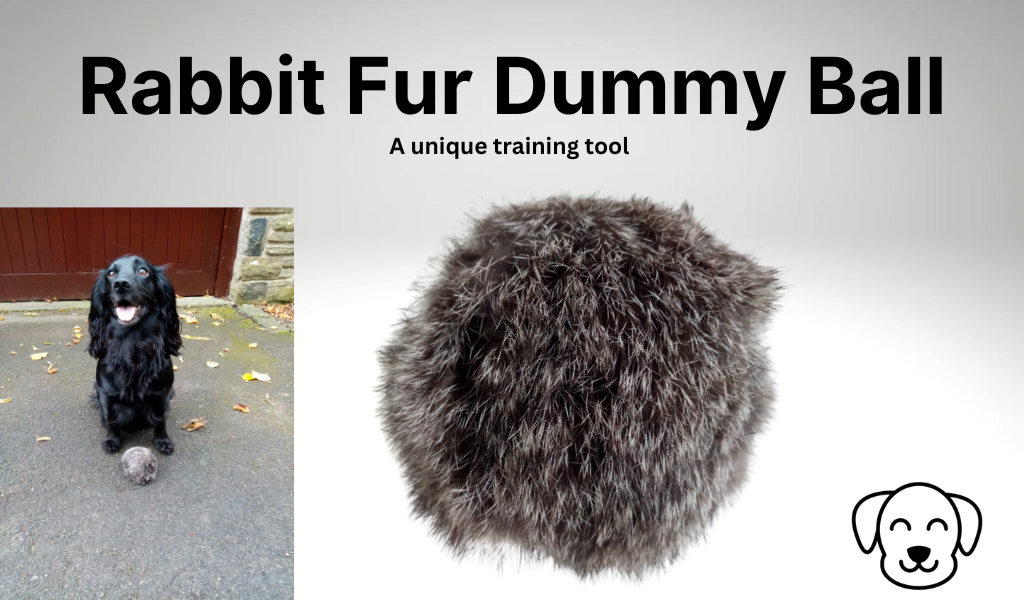
The Rabbit Fur Training Dummy Ball From Goygar
Discover how our Rabbit Fur Dummy Ball can enhance and improve your gundog training.
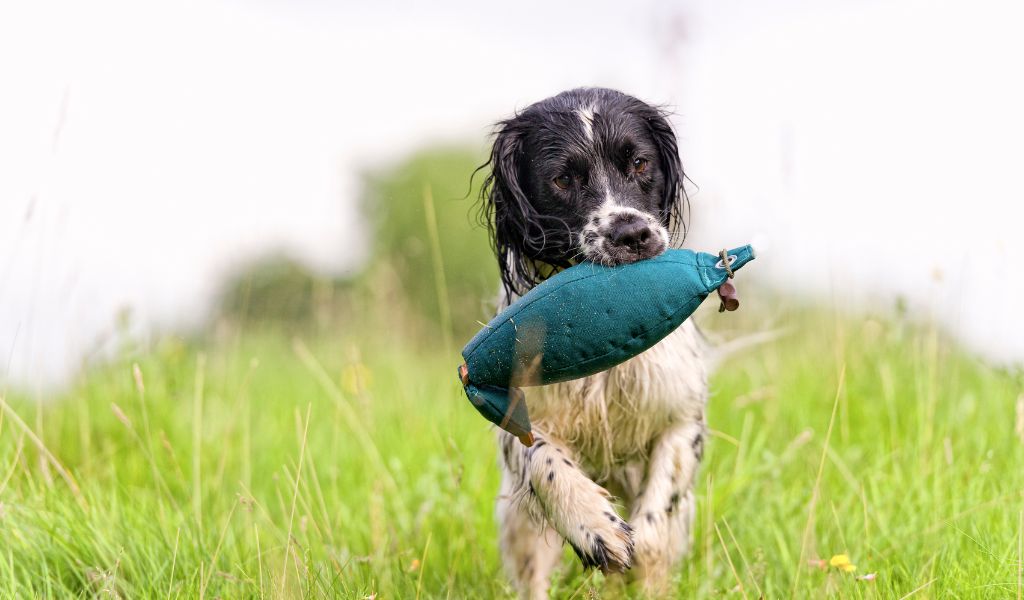
Spaniel Training, Care and Welfare Guides

Discover how our Rabbit Fur Dummy Ball can enhance and improve your gundog training.
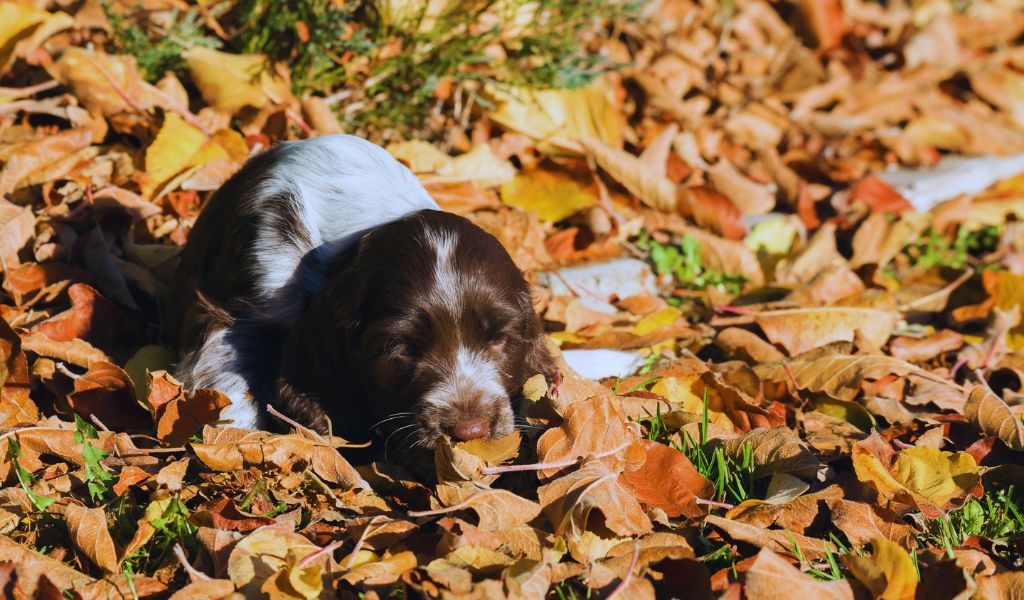
Discover the ultimate guide for training your new Cocker Spaniel puppy! Essential tips and tricks for teaching your pup everything they need to know.

Discover effective Cocker Spaniel gundog training for puppies and working dogs. Whether you’re a seasoned trainer or new to gundogs, our techniques will help.
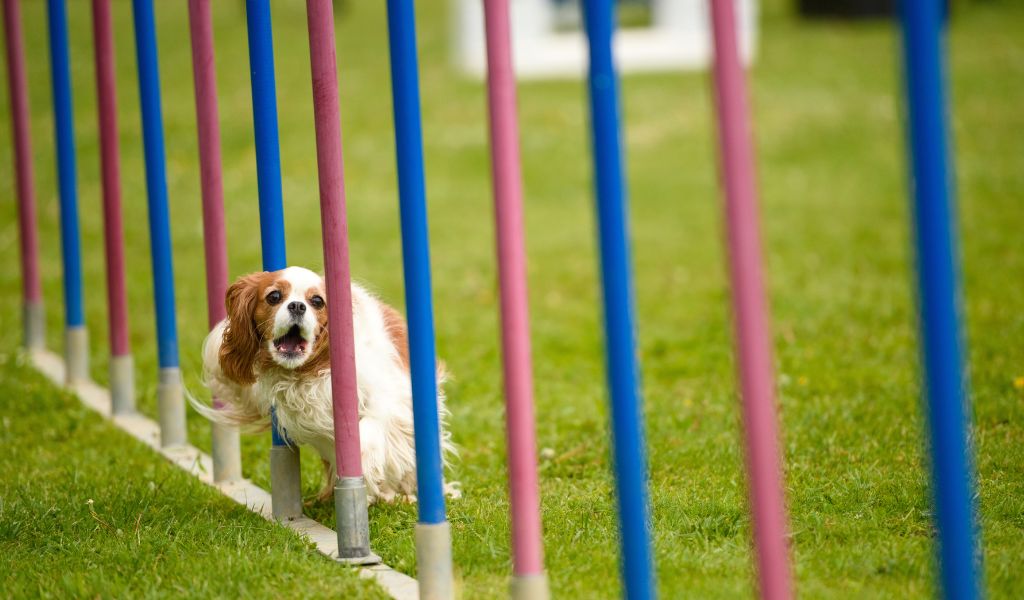
Cavalier King Charles spaniels are intelligent dogs that enjoy and respond well to training.
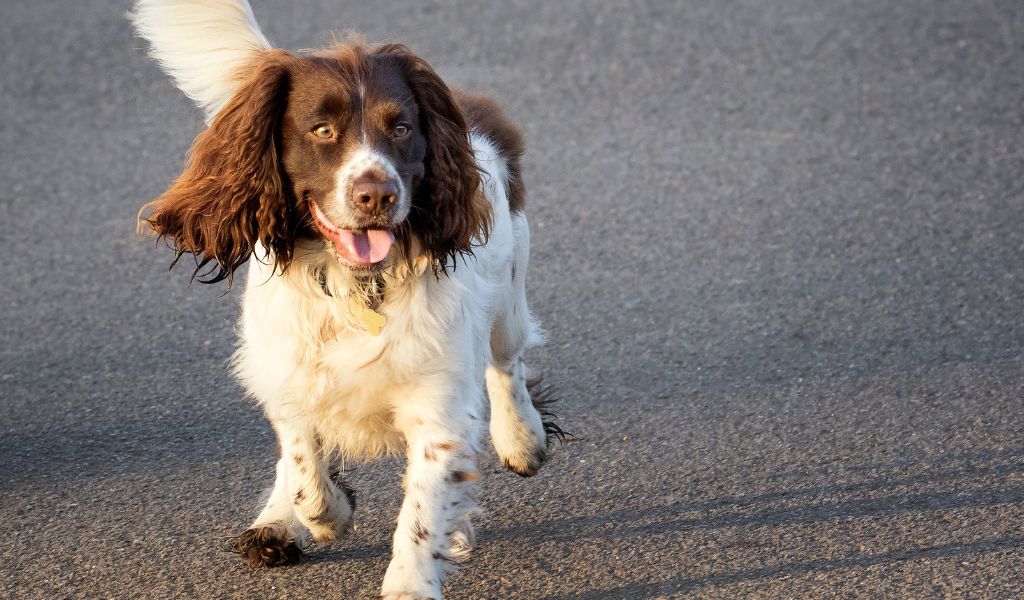
English Springer Spaniels are intelligent dogs that love training and with the right handling will quickly learn.

There are many different commands to teach a Clumber Spaniel. These are the most common.
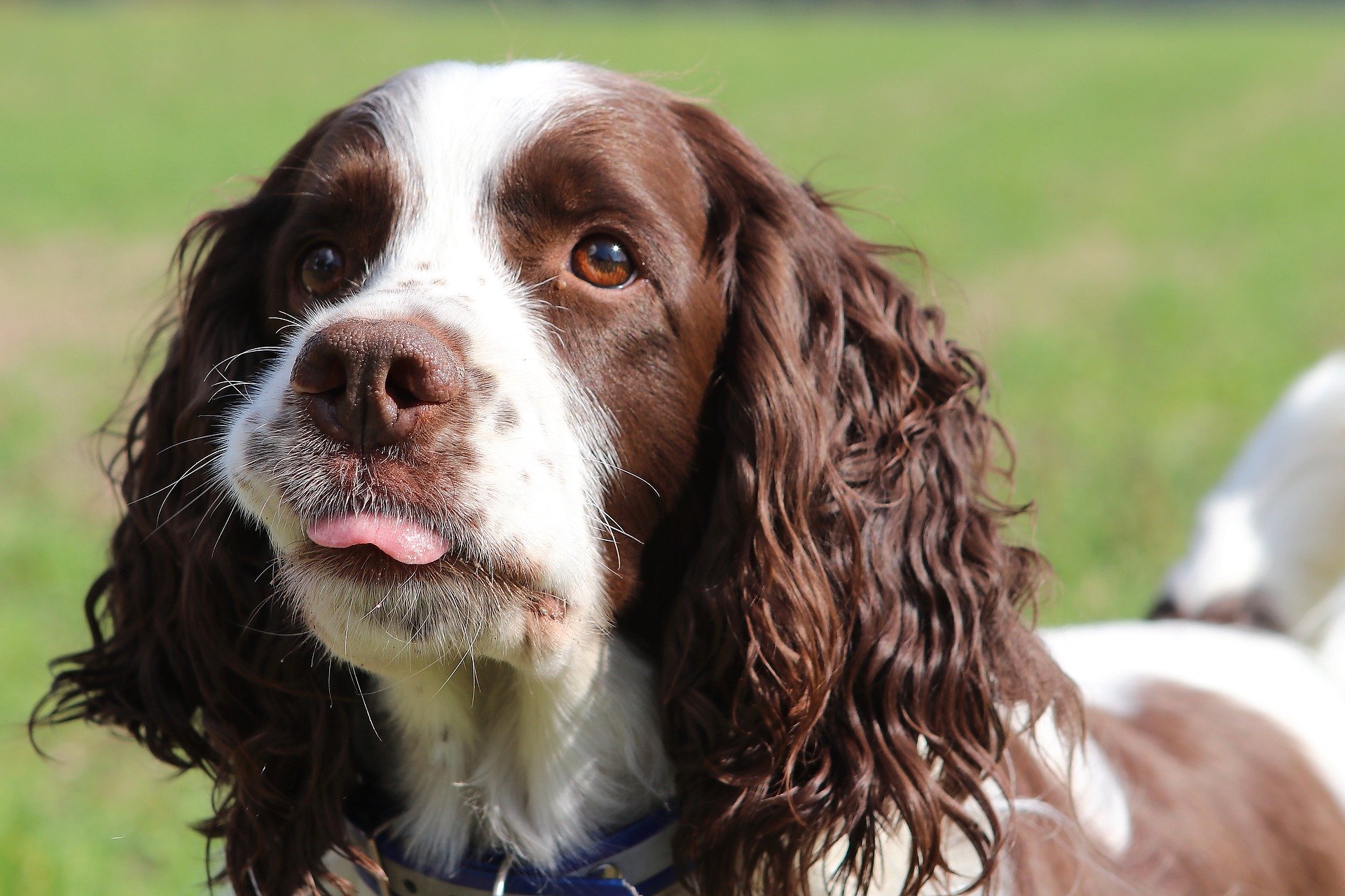
A key aspect of spaniel training is getting your spaniel to stop on the whistle. Let’s take a look at the way to achieve this.
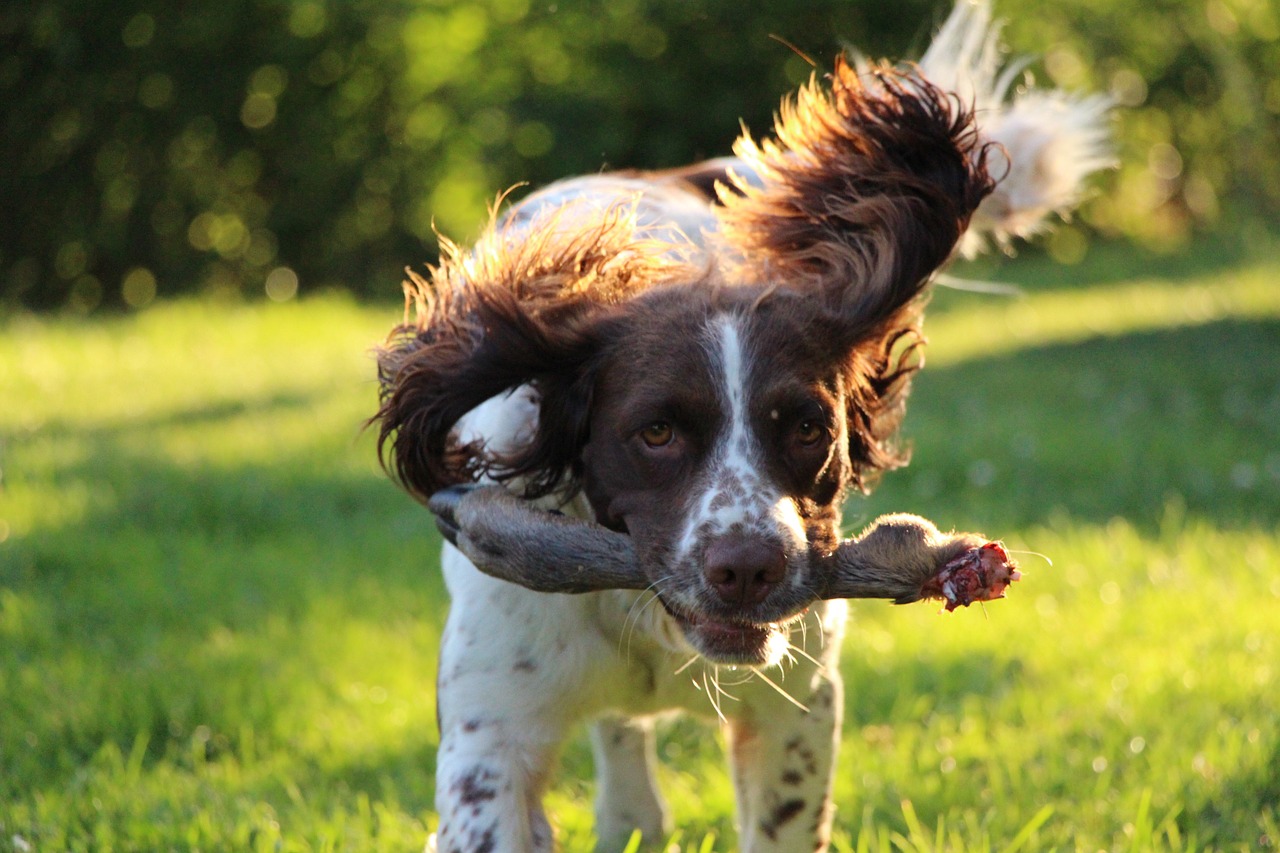
Learn the basics of spaniel training from an expert and set the foundation for a well-behaved, obedient adult dog. With practical tips and insights, you can train your spaniel to a high standard and enjoy the rewards of owning a skilled working dog and loyal companion.
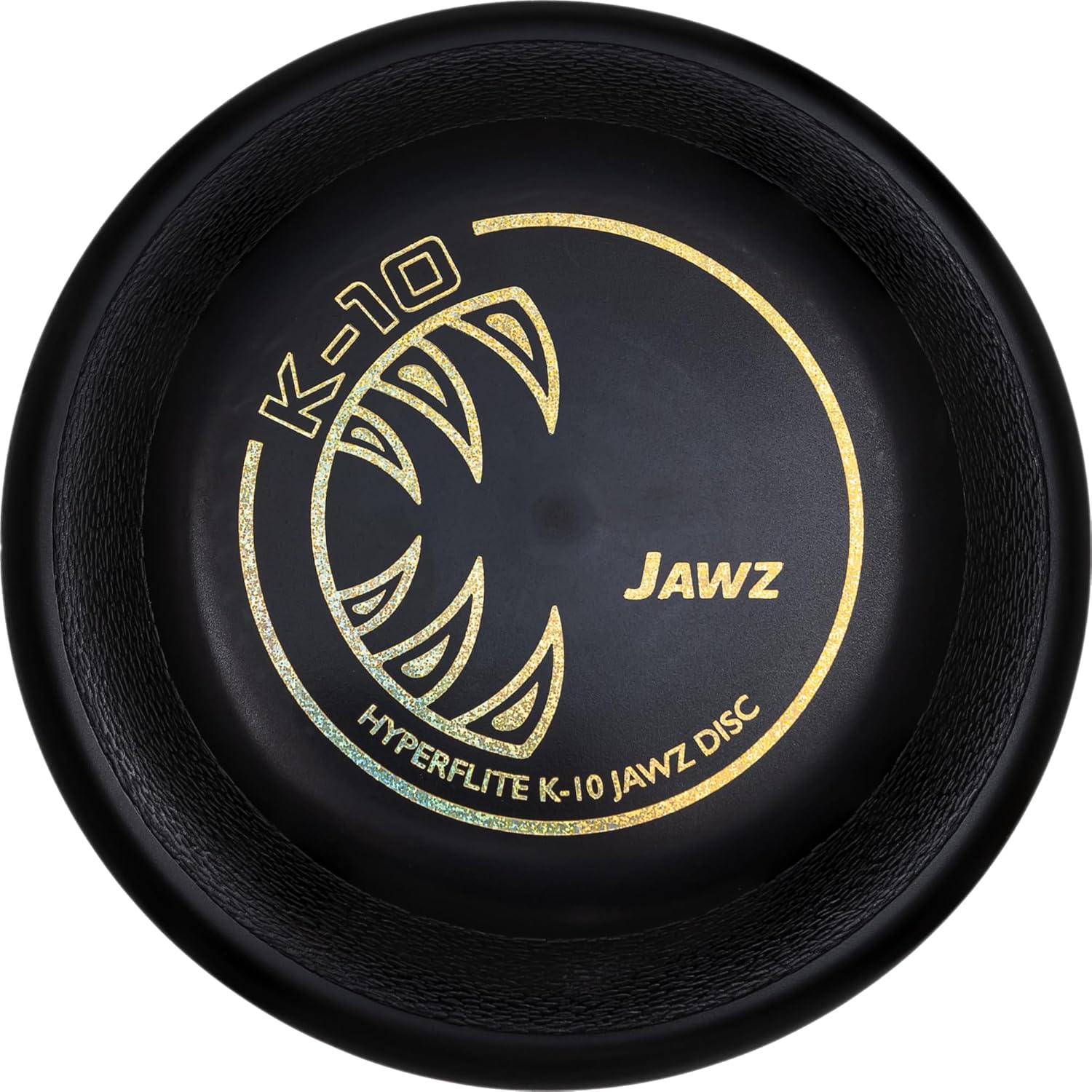
With state-of-the-art aerodynamics, high-tech polymers and patented gripping surfaces, Hyperflite Jawz Discs (Made in the USA) are nothing short of professional sports equipment for the modern dog athletes. The JAWZ disc (8.75 inch diameter/145 grams) is the world’s toughest competition-approved dog frisbee. In normal, competition or practice Jawz discs become incredibly robust. In the hands
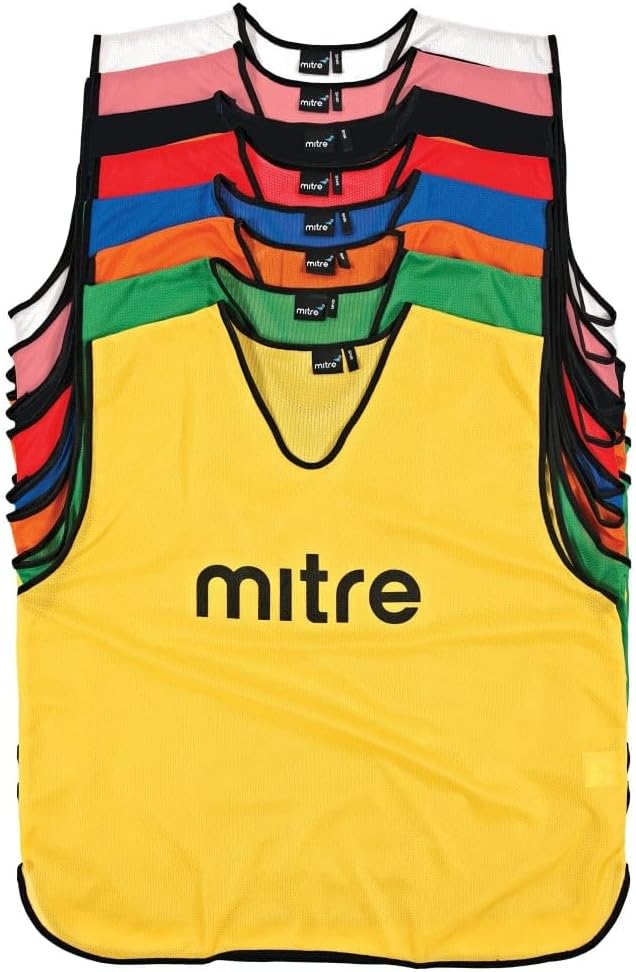
The Pro level training bib is a hardwearing durable bib ideal for a variety of sports in schools, colleges, universities and clubs. Made from 100% polyester micro mesh which keeps the bibs light and breathable. The bibs wash and dry easily due to the mesh material. Pro level sports training bib for use in a

Discover our Agility tug toys that float on water, enhancing the effectiveness of play and training. Thanks to the bungee handle, lightweight design, and thoughtful construction, these dog toys serve as tools for both play and learning. Each tug toy for dogs is crafted from lightweight cotton fabric. Inside the dog toy, there is padding
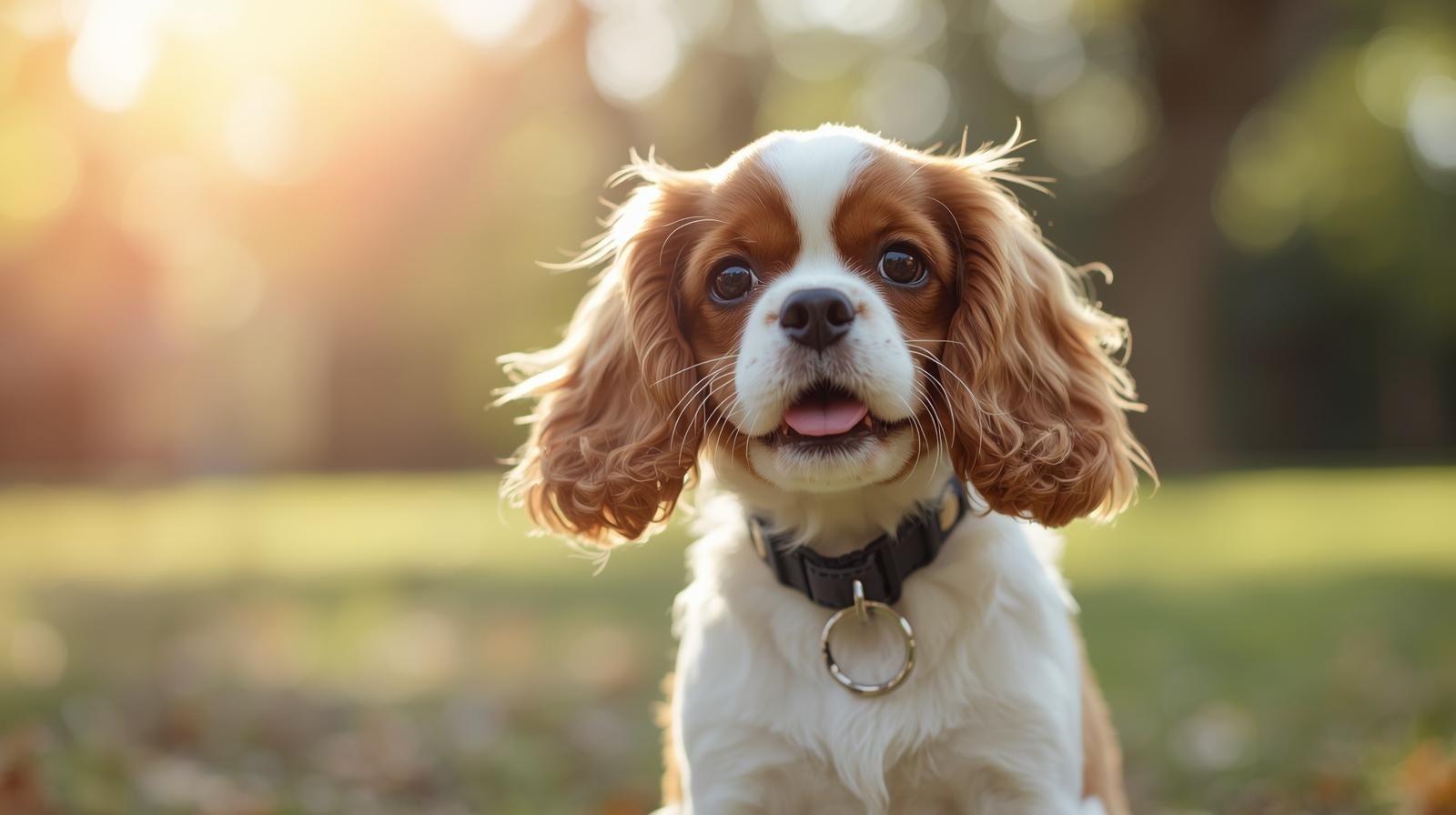
Welcoming a new baby or family member is exciting, but it can be a big adjustment for your Cavalier King Charles Spaniel. With the right preparation, you can help your dog stay calm, secure, and happy. From routine changes to safe spaces and first introductions, discover practical steps to ensure a smooth transition for everyone.
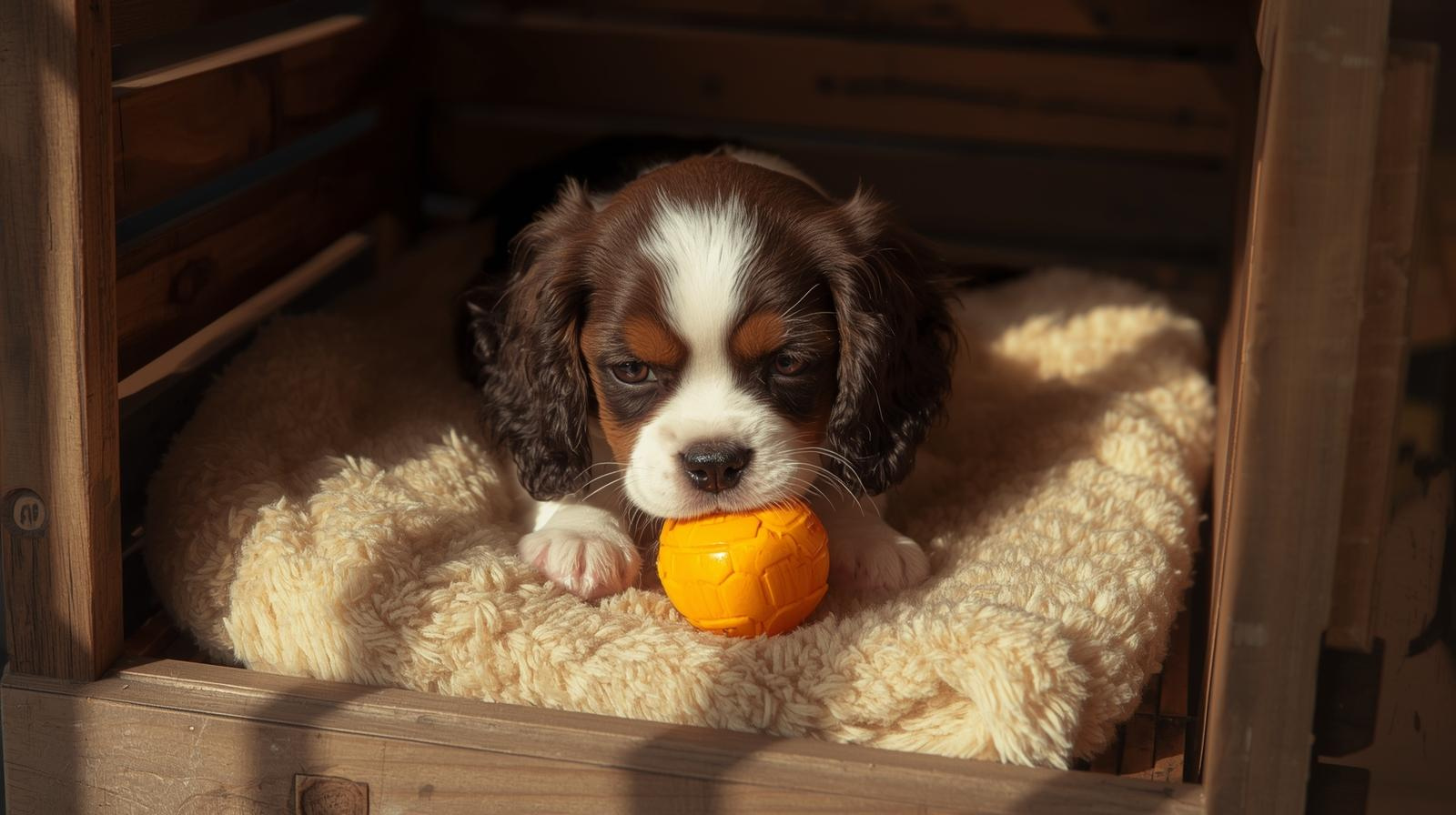
Crate training offers your Cavalier King Charles Spaniel more than just convenience — it provides safety, comfort, and structure. From supporting house training to reducing anxiety and preventing destructive behaviour, a crate can quickly become your Cavalier’s safe haven. Learn how this simple training method can transform daily life for you and your dog.

Springer spaniels. Jack of all trades or master of none? Discover if they are good working dogs.

Learn about the safety of letting your dog swim in a chlorine pool. Discover the benefits, potential risks, and preventative measures to ensure a safe and enjoyable swimming experience for your canine companion. Get expert insights and tips for the best experience.

Discover the benefits of insect-based dog food, a sustainable, nutritious, and hypoallergenic alternative to traditional pet food. Learn how it supports canine health and reduces environmental impact.

Discover how dogs find their way home using their exceptional sense of smell, hearing, visual cues, and possibly an innate magnetic sense. Learn about scientific studies, breed differences, and practical tips to enhance your dog’s navigation skills.

Spaniel Training, Care and Welfare Guides